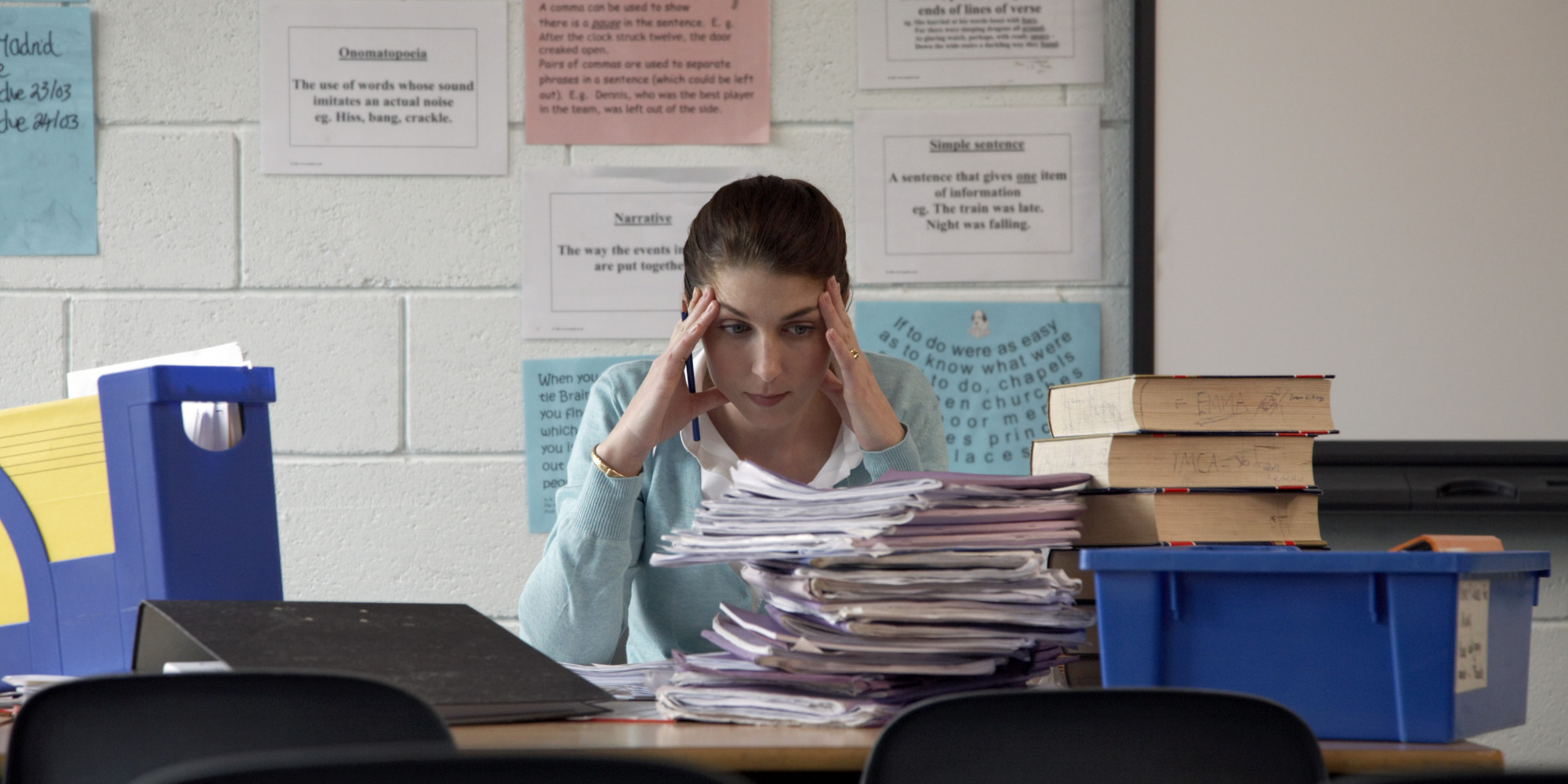My previous post detailed the strengths of Common Core. While there are a lot of great parts of Common Core, it is not a perfect system.
Here are the 4 cons of Common Core:
1. It's a big change: Many teachers have been constructing curriculum and instructing on content tied to state standards. Introducing such a big change all of a sudden requires a lot of readjustment. Veteran teachers may not be willing or able to shift their teaching styles so quickly, especially if they have seen results with the state standards way of teaching.
2. Standards are not specific: As shown before, the standards go from being very clear to being more broadly written. The point is to ask more questions and test more skills. However, when you are teaching, it feels daunting to address every part of the standard. It is difficult for teachers to deconstruct what is being asked and feel confident that their students met all parts of the standard.
especially math. This has required schools to purchase entirely new textbooks and curriculum which comes at a cost. Also, the assessments are different and schools must buy materials for the new tests.
4. No Science or Math: Currently there are no Common Core standards for science or math. This has required states to continue to have separate standards for these two subjects. Additionally, since these subjects are not prioritized in the testing, they are not prioritized in the classroom (this has been a problem for many years, but Common Core has not solved it).


Comments
Post a Comment